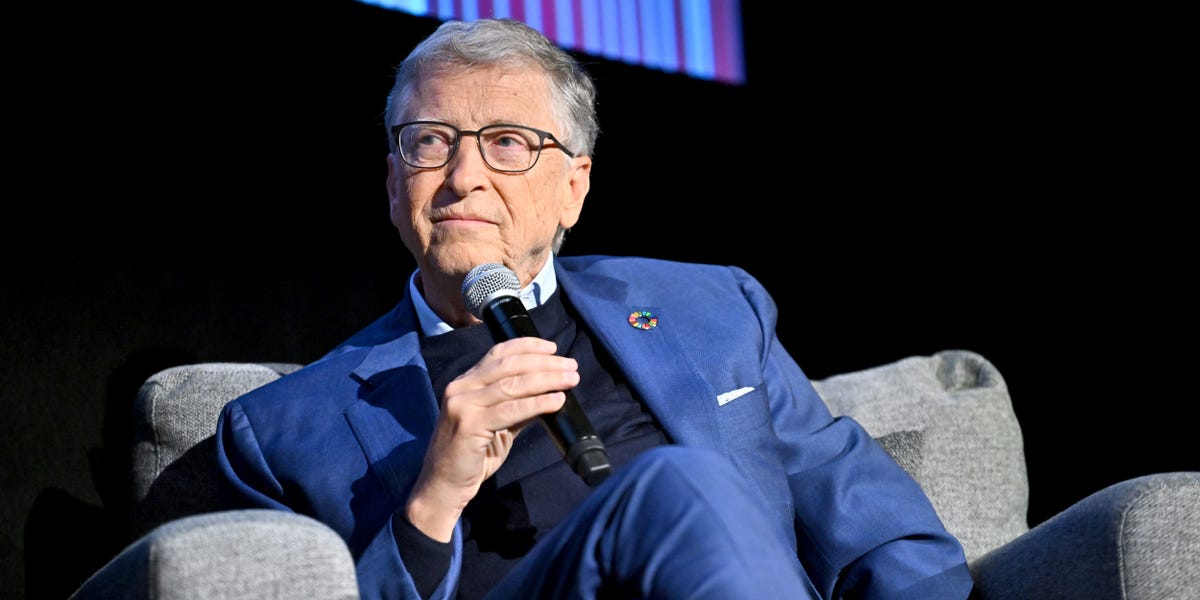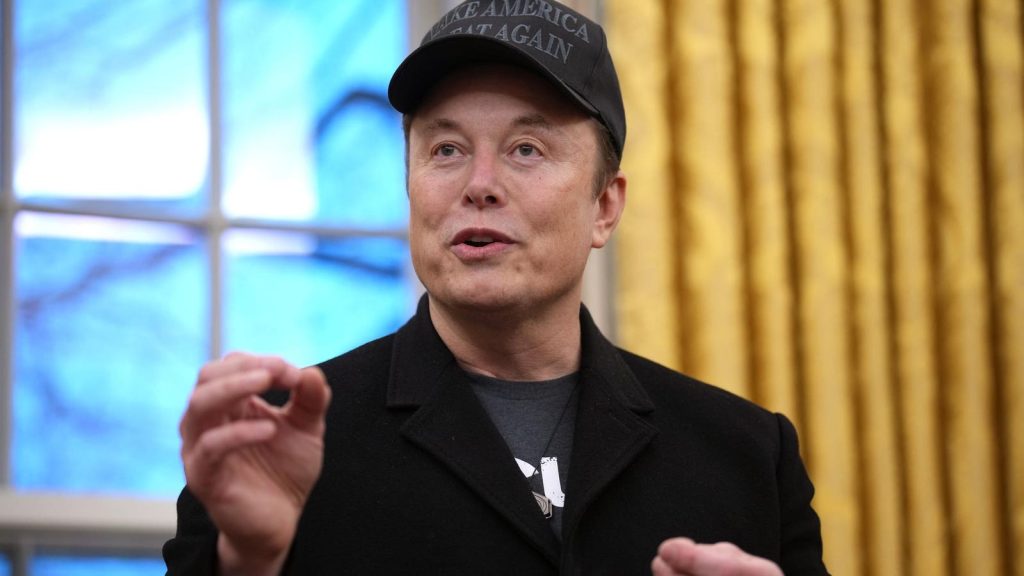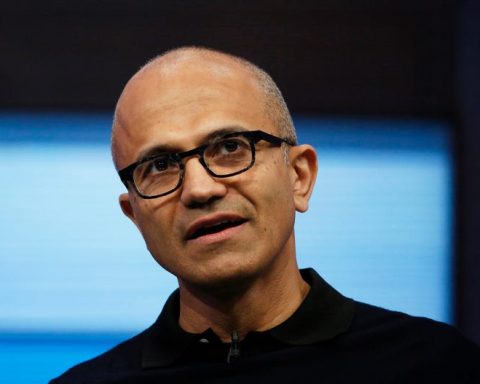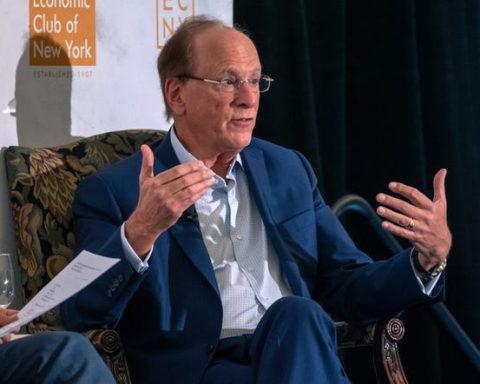Bill Gates recently discussed with Patrick Collison the four major concerns that younger generations should focus on: the climate crisis, unchecked AI, nuclear war, and the spread of disease. Despite these worries, Gates believes that people will be “so much better off” in the future.
Reflecting on his youth, Gates mentioned that if he were young again, he would fear more than just the threat of nuclear conflict. “There are about four or five things that are very scary,” he noted in an interview. “The only one that I really understood and worried about a lot when I was young was nuclear war.” Gates, the founder of Microsoft and chair of the Gates Foundation, highlighted the changing risks confronting society today.
Gates elaborated, saying, “Today I think we’d add climate change, bioterrorism/pandemic, and keeping control of AI in some form.” He mentioned that alongside these concerns, social polarization is also a significant issue. He emphasized, “The younger generation has to be very afraid of those things.”
This is not the first occasion Gates has pointed out these alarming areas of concern. In a 2023 blog post, he expressed that as his family expanded, so too did his motivation to contribute to improving the world. “A grandchild does make you think about how we make sure the future is better — politics, health, climate, etc.,” he wrote.
Gates believes that society currently suffers from a lack of intelligence. However, he is optimistic that AI might provide a solution rather than pose a threat. While some people have cautioned about the potential catastrophic consequences of AI, Gates sees the possibility of leveraging it for positive outcomes. “We don’t have as many medical experts, you know, people who can stay on top of everything, or people who can do math tutoring in the inner city,” he said. “And we have a shortage of intelligence, and so we use this market system to kind of allocate it. AI, over time — and people can argue about the time frames — will make intelligence essentially free.”
Despite the risks, Gates maintains a hopeful outlook for future citizens, provided that these challenges are addressed. “Absent not solving some of these big problems, things are going to be so much better off,” he stated. “Alzheimer’s, obesity, you know, we’ll have a cure for HIV, we will have gotten rid of polio, measles, malaria. The pace of innovation is greater today than ever.”
Gates also noted that while fear can sometimes lead to paralysis, it can also serve as a motivating force for the younger generation. “They’ll actually, to some degree, exaggerate the likelihood and maybe the impact of some of those things in order to activate people to make sure we steer clear of those things,” he concluded.











